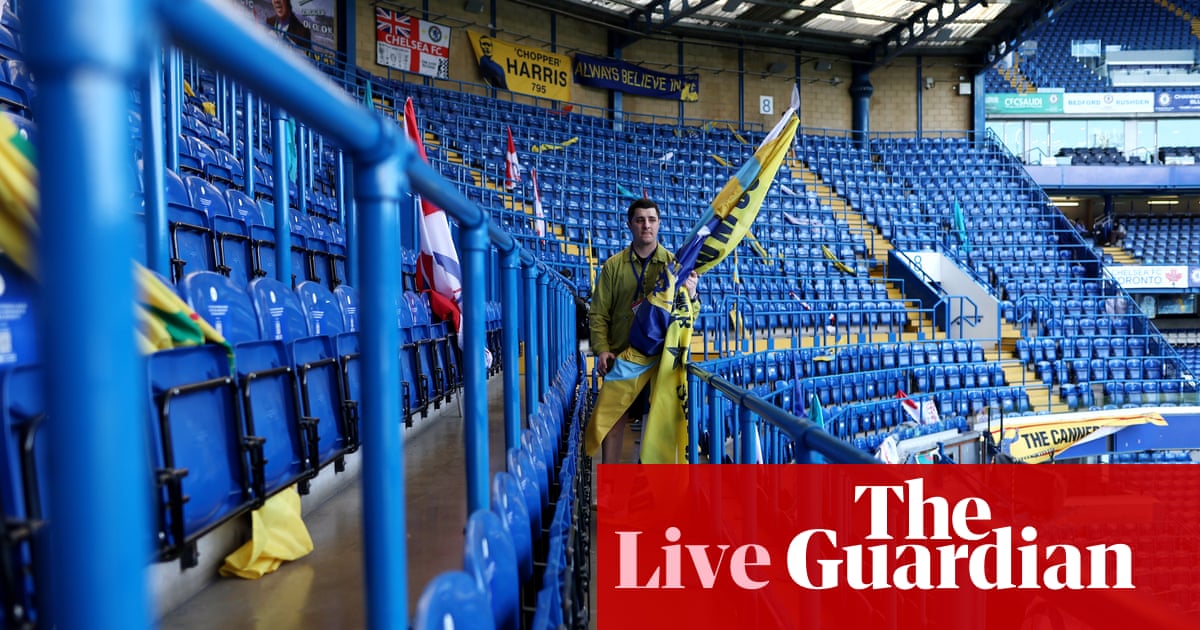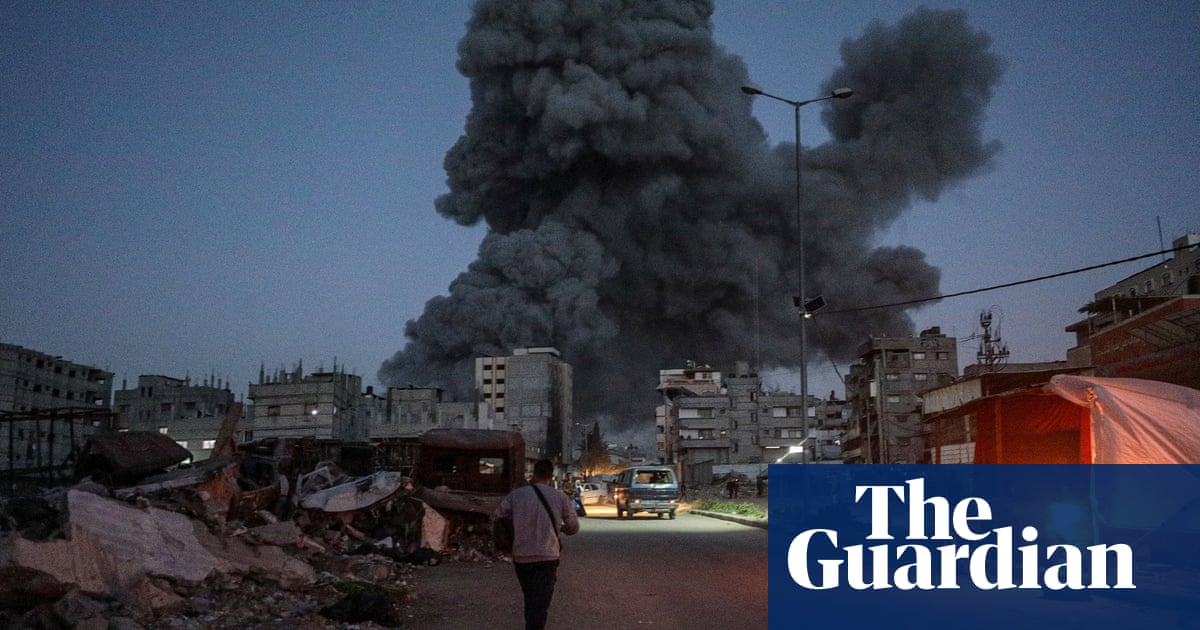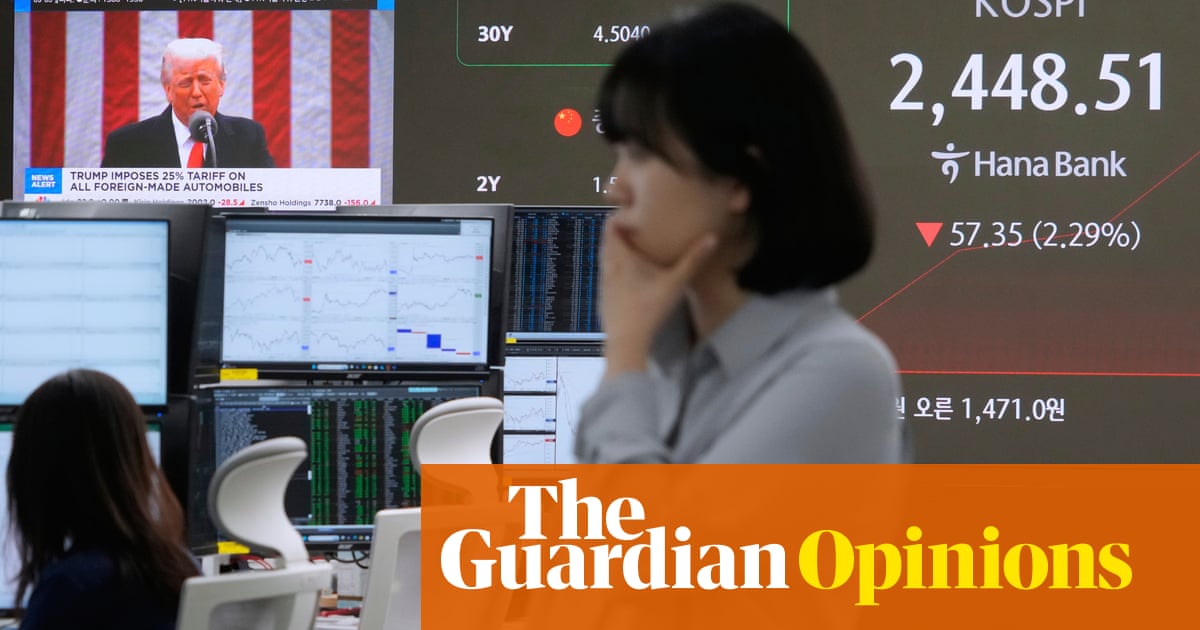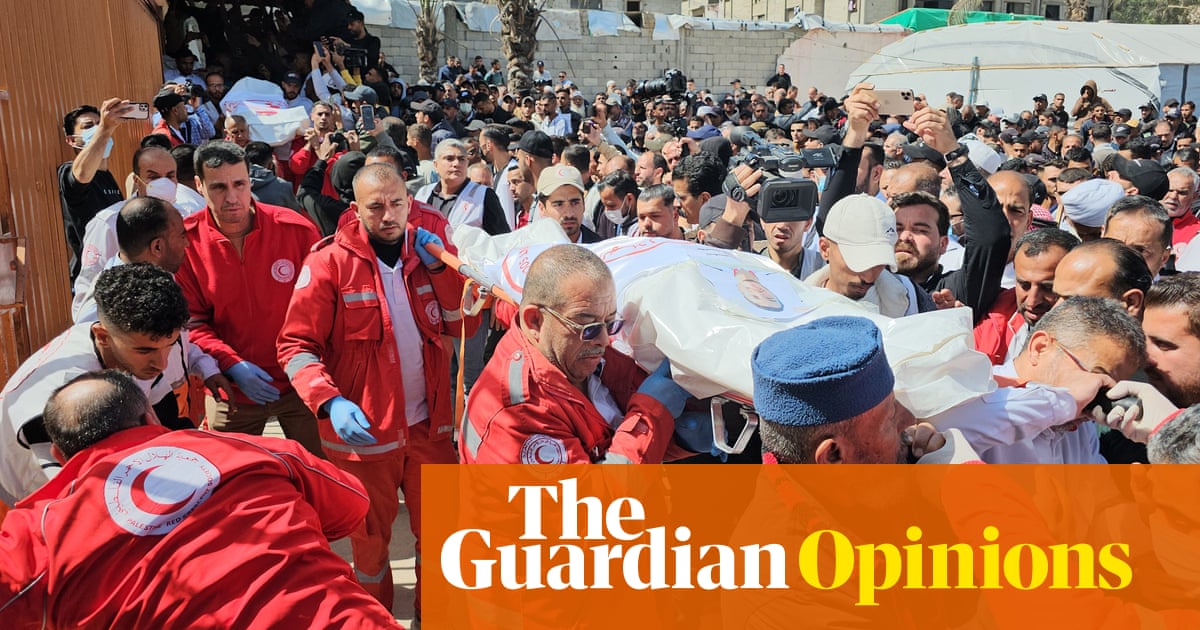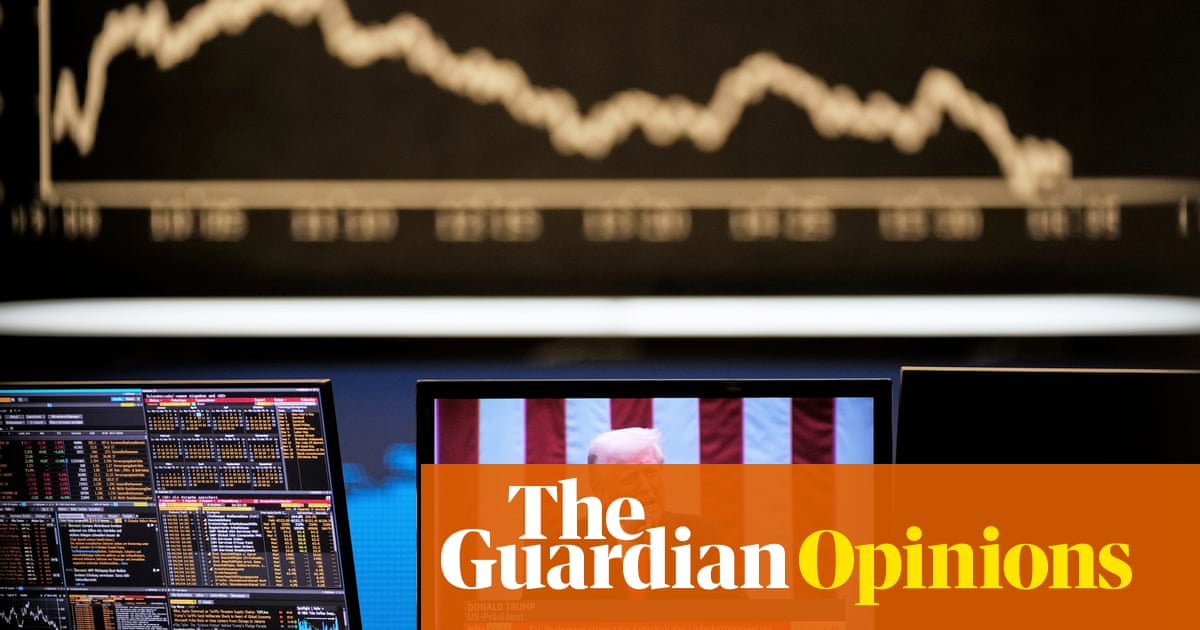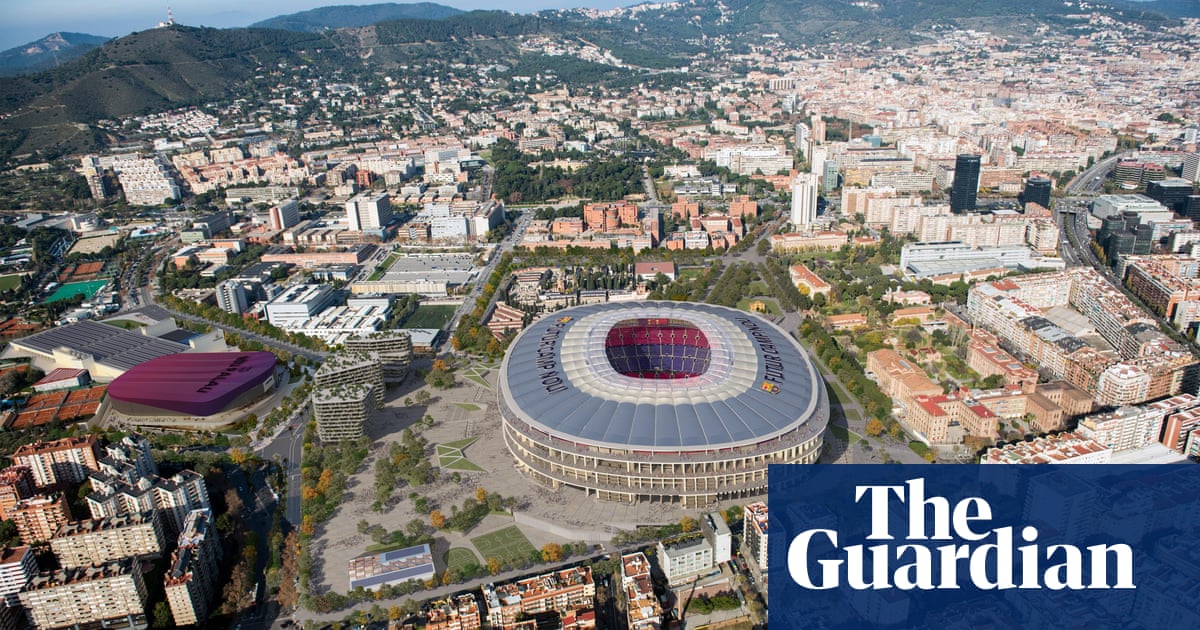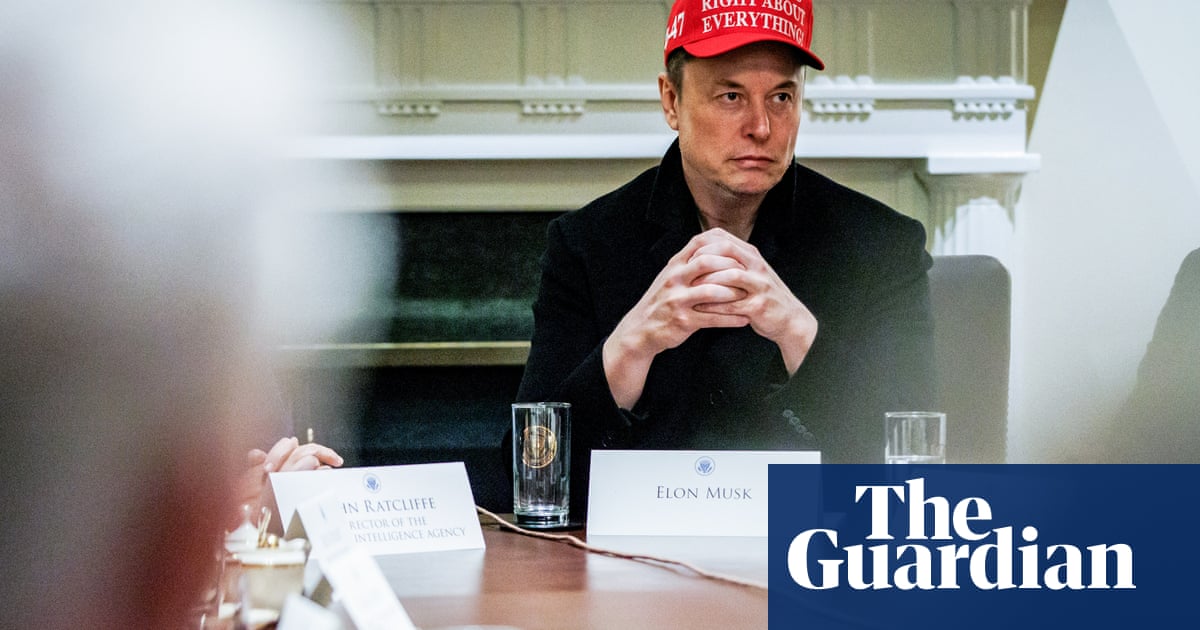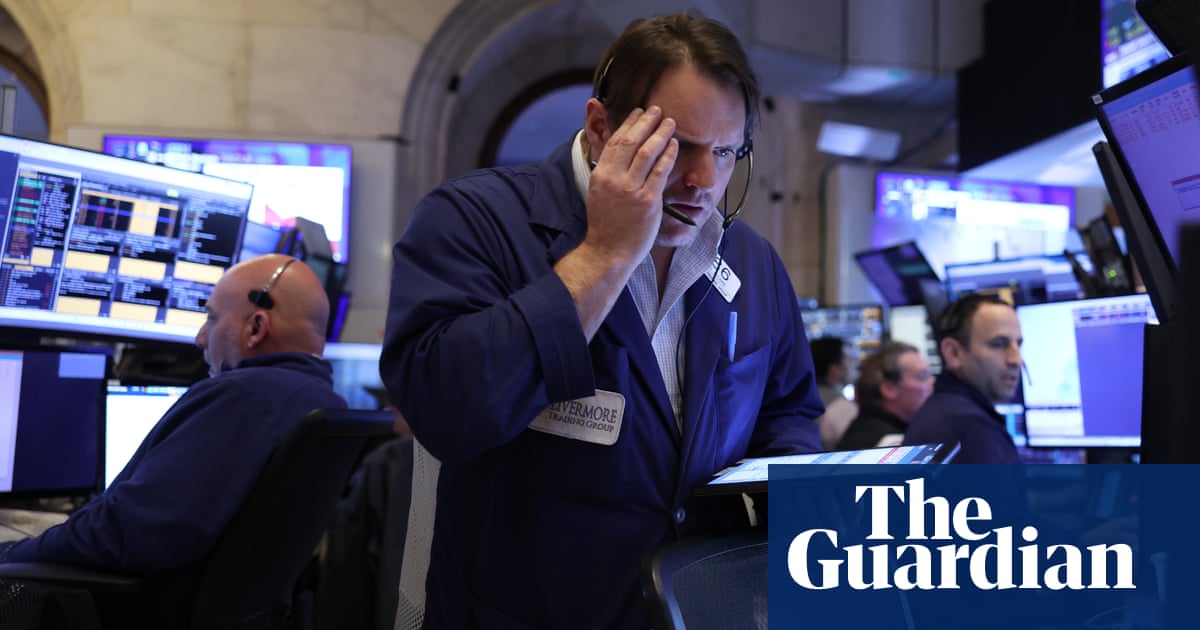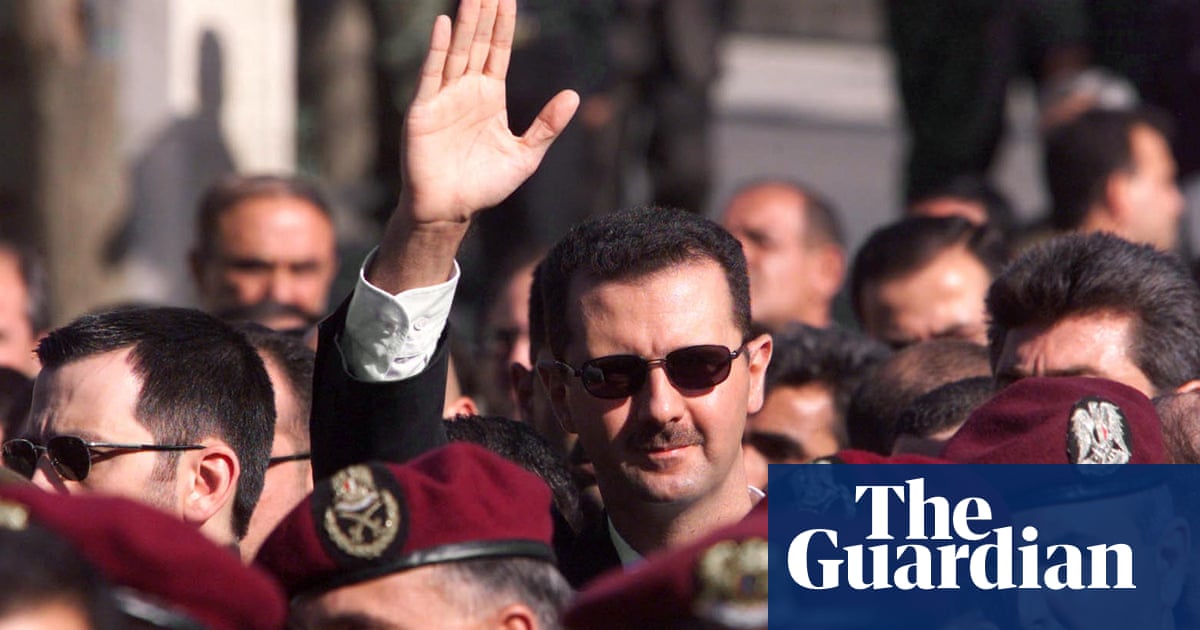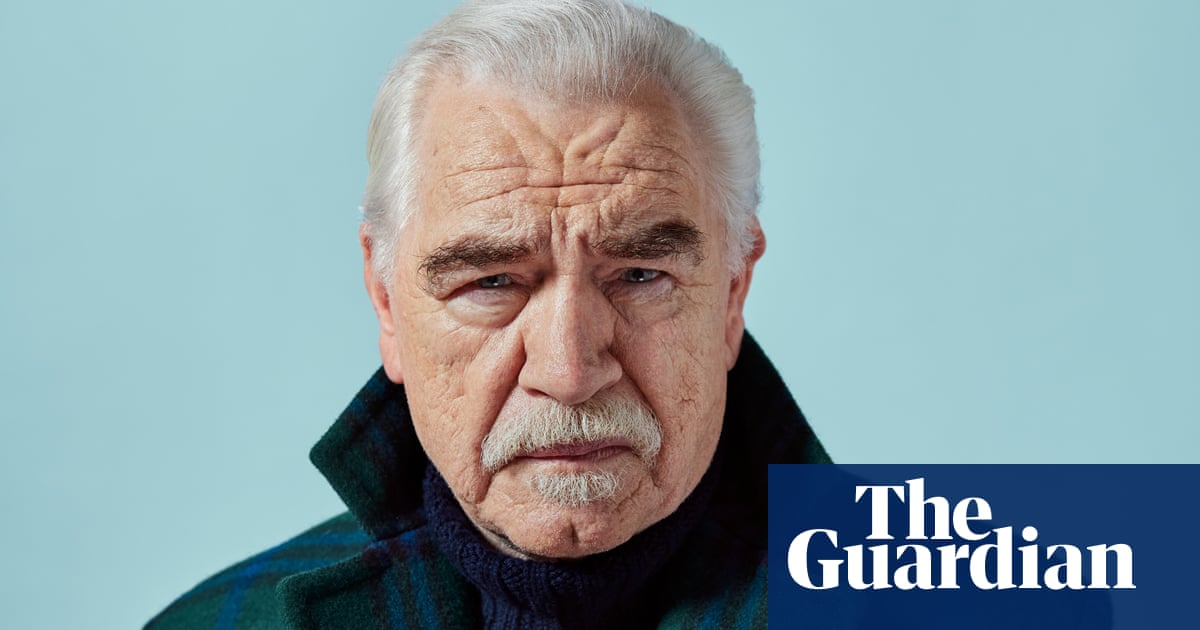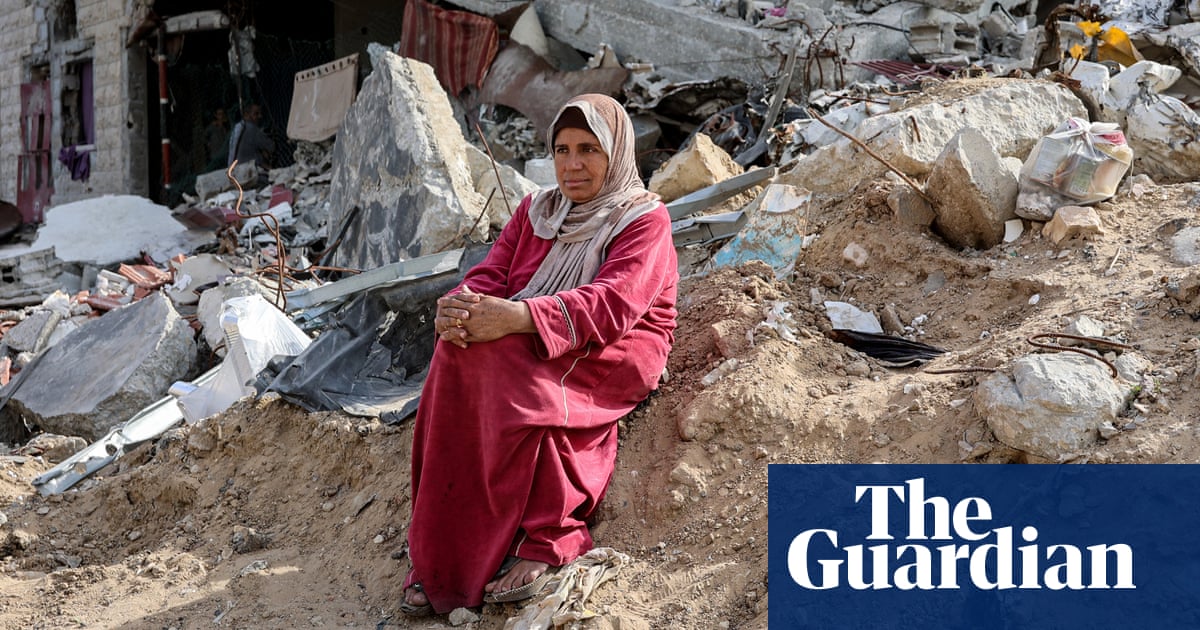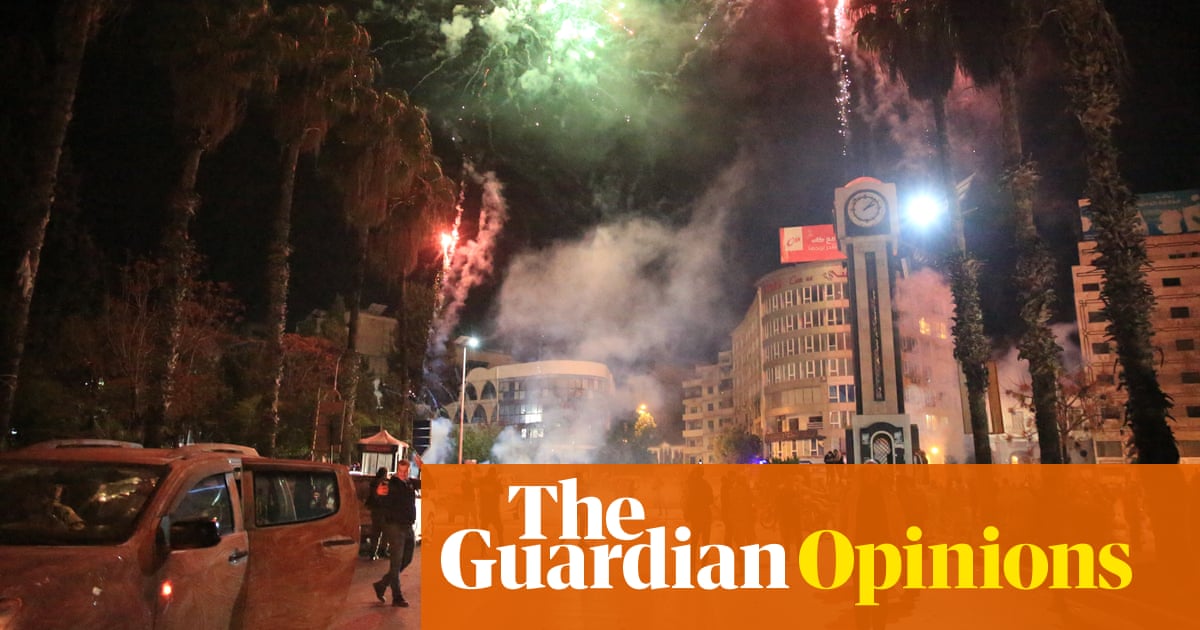Macron vows to stay on
As noted earlier in the blog, the political turmoil has led some to call for Macron’s resignation.
In his 10-minute speech on Thursday, Macron left little doubt that he intends to stay on as president. “The mandate you have given me is for 5 years and I will exercise it until the very end,” he said.
Key events Show key events only Please turn on JavaScript to use this feature
Macron to name new PM in the coming days
After a day of frenzied speculation, Macron declined to name a new prime minister, saying instead that he would do so in the coming days.
The question of who might be in charge has dominated headlines across the country. Here’s a reminder of the president’s options:
Macron vows to stay on
As noted earlier in the blog, the political turmoil has led some to call for Macron’s resignation.
In his 10-minute speech on Thursday, Macron left little doubt that he intends to stay on as president. “The mandate you have given me is for 5 years and I will exercise it until the very end,” he said.
Macron has now ended his address.
On broadcaster BFMTV, the first commentator to respond to his remarks points to the fact that he did not name a new prime minister. Macron instead said that he would do so in the coming days, meaning the president passed up the opportunity to swiftly temper the political crisis that has engulfed the country, the commentator noted.
Macron has said he intends to carry out his full mandate as president, meaning he would stay on until 2027.
Macron begins address to nation
Macron has begun his address. He has started by defending his decision to call snap parliamentary elections this summer.
The elections resulted in a hung parliament with no party having an overall majority.
Against the backdrop of the political crisis, unions on Thursday called for civil servants, including teachers and air-traffic controllers, to strike over cost-cutting measures.
Here are a few photos from the wires:



The political crisis – and Macron’s role in setting it off – has led some of his opponents to call on him to resign. An interactive poll, carried out for broadcaster RTL hours after Barnier’s government was toppled by a vote of no-confidence, suggested 64% of respondents wanted the president to step down.
Macron, whose mandate as president runs until 2027, has so far shown no signs of bowing to the pressure.
“I was elected to serve until 2027, and I will fulfil that mandate,” he told reporters earlier this week.
In tonight’s speech, Macron is expected to address France’s economic challenges and chart out a path for the future government.
The question of who might be in charge has dominated headlines across the country. Any successor to Barnier will have to be capable of navigating the polarised currents of the country’s fragmented parliament, which will remain unchanged as no new legislative elections can be held until at least July.
Here’s our look at the president’s options:
As we wait for Macron to speak, it’s worth highlighting that the roots of this crisis stretch back to June, when Macron’s decided to dissolve parliament and hold early elections after his centrist forces suffered a humiliating defeat in the European parliament elections.
The results of the French election yielded a divided parliament of three roughly equal blocs – left, centre and right/far right – none of which had a majority.
After it emerged as the largest parliamentary force, the leftwing NFP said it should name the new head of government. Macron rejected this, instead appointing Barnier and giving rise to a tenuous alliance of centrist and centre-right MPs.
Hello and welcome to the blog
One day after France was plunged into political uncertainty, all eyes are on Emmanuel Macron. The French president is expected to address the nation at 8pm local time (CET), as he fends off growing pressure for him to swiftly appoint a new prime minister following the French government’s historic collapse.
Earlier today Macron met with the rightwing prime minister, Michel Barnier, who handed in his resignation letter, one day after his minority coalition government became the first to be toppled by a no-confidence vote in more than 60 years.
The political turmoil gripping France has rattled investors and risks weakening a European Union that is already reeling from the implosion of Germany’s coalition government and scrambling to present a united front before Donald Trump’s return to the White House.
Follow us here for all the latest developments and new updates as they happen.

 3 months ago
59
3 months ago
59

